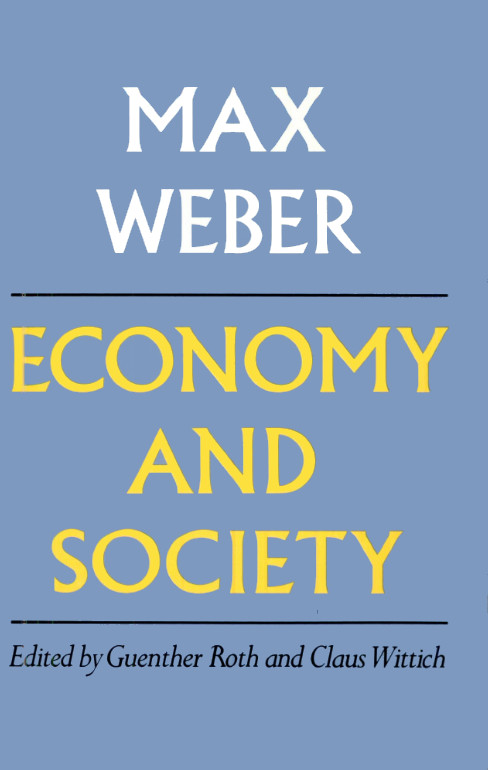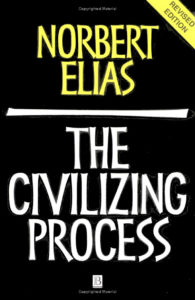Economy and Society Max Weber

Overview
“This work is the sum of Max Weber’s scholarly vision of society. It has become a constitutive part of the sociological imagination as it is understood today. Economy and Society was the first strictly empirical comparaison of social structure and normative order in world-historical depth.”
| Publisher | University of California Press |
|---|---|
| Year | 1978 |
| Pages | 1469 |
| Filesize | 48.5 MB |
| Format |



